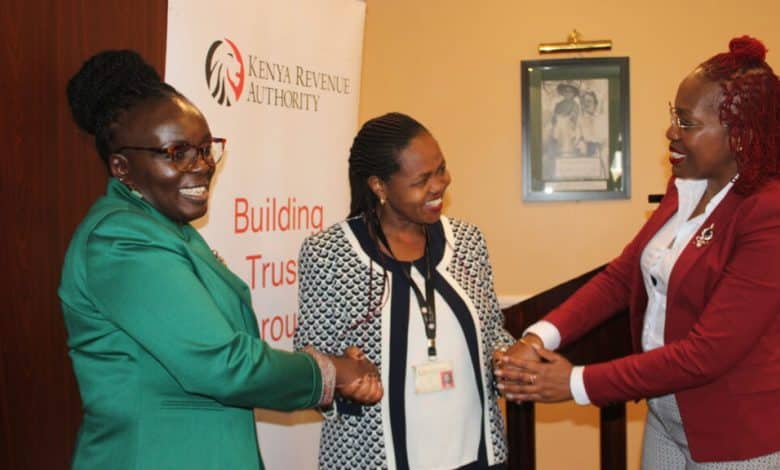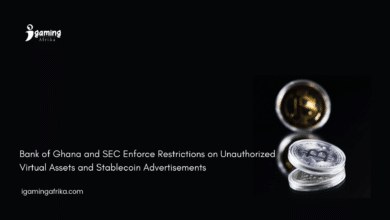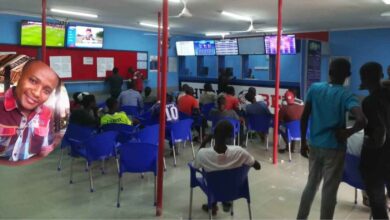
On March 28, 2023, the Kenya Revenue Authority KRA held a betting tax sensitization forum with the goal of providing in-depth analysis and raising awareness about betting tax, its effect on revenue mobilization, integration with betting enterprises, and compliance.
The Betting Control and Licensing Board (BCLB), according to KRA Chief Manager of Domestic Taxes Department Miriam Sila, oversees the betting and gaming industry while collaborating with other multi-agencies to assess the companies’ compliance.
She said that the nation has more than 177 enterprises that have operating licenses.
There are over fifty licensed Casinos in Kenya, most of which are in major cities. Blackjack, Roulette and Poker are among the most popular table games in Kenya.
added Sila.
According to Sila, betting enterprises must register for tax via the iTax system, a completely automated and integrated web-based system.
The system enables taxpayers to submit requests for waiver of penalties and interests, file returns for various tax responsibilities, make status inquiries, and monitor their ledger/account revenue in real-time. Taxpayers can also register for various tax obligations and change their PIN registration details.
The taxman boasts a gross turnover of Ksh50 billion. KRA has linked its systems with sixteen sports gaming firms and hopes to additionally merge with 20 more companies which will be equivalent to a 96 percent stake in the market.
stated Sila.
According to Sila, betting companies are now required to submit taxes on a daily basis. Account managers are assigned to each betting company and keep track of the payments by logging in the PRN for each one.
Read Also: Betting Firms in Kenya to Remit Taxes Daily via Mpesa
She said that the taxman received Sh21 billion in the fiscal year 2021–2022, the highest sum ever noted since the collection of the betting and gaming tax.
According to the Chief Manager, KRA predicted a target collection of Sh24 billion, and the KRA has already received Ksh15.8 billion from gaming, betting, and lotteries.
Sila continued by saying that since gaming is well-liked by young people, the money made from withholding taxes is sent to a fund for youth sports, arts, and social development.
She stated that the industry faces a number of difficulties, such as coordinating with BCLB, whose work is still done manually, balancing tax collection with protecting children from hazardous gaming, and using the sector’s participants’ lobbying ability to modify regulations.
According to Sila, the sector has developed strategies to ensure compliance, such as educating taxpayers about any new tax laws and working closely with internal departments to gather intelligence and share data from the regulator (BCLB) and other agencies to improve driving.
editor@igamingafrika.com
Subscribe to our channel on Telegram here for timely live updates on all happenings in the iGaming space in Africa. You may also join our group on Telegram here and grow your networks by interacting with all players in the iGaming sector in Africa





















